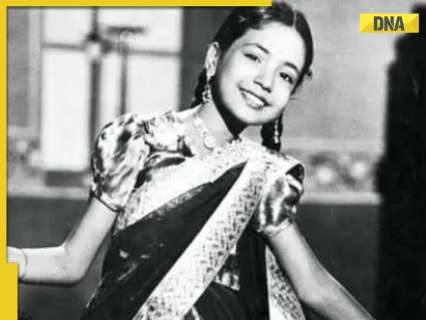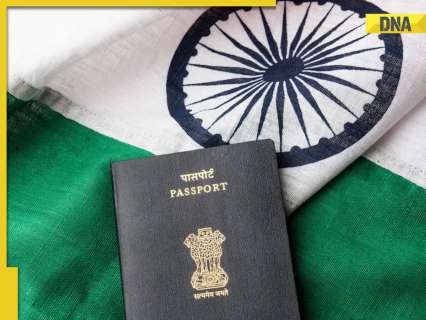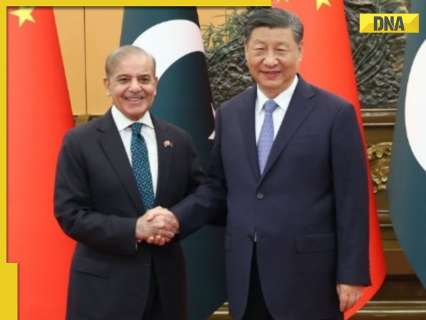Now Reading: Tragic Journey of Actress: From Orphanage to Stardom, Ties with Filmmaker and Dharmendra
-
01
Tragic Journey of Actress: From Orphanage to Stardom, Ties with Filmmaker and Dharmendra
Tragic Journey of Actress: From Orphanage to Stardom, Ties with Filmmaker and Dharmendra

Fast Summary
- early Life: Meena Kumari, originally Mahjabeen Bano, was born on August 1, 1933. Her father initially left her at an orphanage but brought her back later. Facing financial struggles,she began working as a child artiste at the age of four.
- career in Bollywood: Rechristened Meena Kumari in 1946 with her frist leading role in Bachchon Ka Khel, she achieved iconic status with superhits like Baiju Bawra, Sahib bibi Aur Ghulam, and Pakeezah. She acted in over 90 films and earned the title “Tragedy Queen” for portraying intense emotional roles. She was also a poet, playback singer, and costume designer.
- Marriage and Personal Struggles: Married filmmaker Kamal Amrohi in 1952 but separated by 1964 due too domestic abuse and physical fights. After her divorce, she became an alcoholic amid rumors of a romantic link to actor Dharmendra.
- Health Decline: Diagnosed with liver cirrhosis due to alcoholism in 1968; financial difficulties arose during treatment abroad. Despite personal turmoil, Kamal Amrohi revived their film Pakeezah in 1969 before its blockbuster release on February 4, 1972.
- Death at age of 38: Meena Kumari passed away on March 31, 1972 from liver cirrhosis just weeks after the release of Pakeezah.
Indian Opinion Analysis
Meena Kumari’s legacy as one of Bollywood’s finest actresses highlights both artistic excellence and the human cost behind fame. Her meteoric rise symbolizes resilience amid early life hardships including poverty and familial rejection. Professionally celebrated for roles embodying pathos-filled characters that shaped Hindi cinema’s golden age narratives (Baiju Bawra, Sahib Bibi Aur Ghulam), her contributions remain unparalleled.
however, the stark contrast between this professional success and personal tragedy draws attention to systemic issues such as domestic abuse within marriages during that era-and how societal pressures may have impacted coping mechanisms such as addiction. Her deteriorating health due to alcoholism underscores gaps within healthcare accessibility for artists grappling with substance-related illnesses.
The posthumous success of films like Pakeezah reveals how unresolved relational conflicts may influence creative collaborations but also cement enduring legacies despite setbacks-a testament to art transcending personal strife.
Her untimely demise serves both as an illustration of vulnerability behind public personas and a cautionary tale regarding mental health support systems often missing from high-pressure creative industries like Bollywood.
























